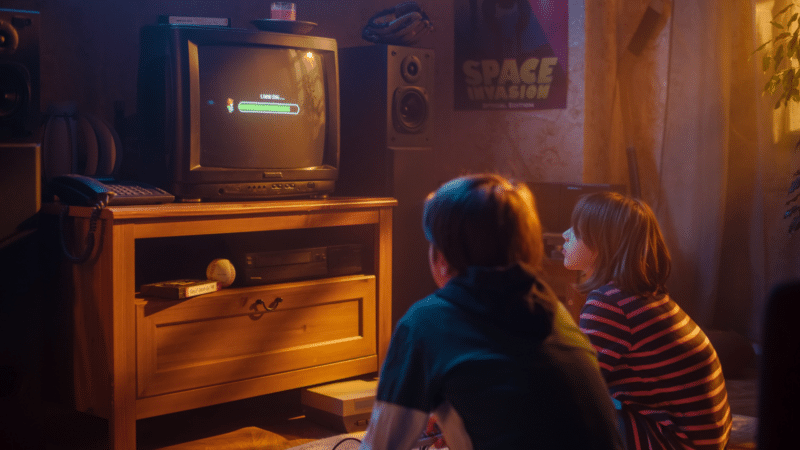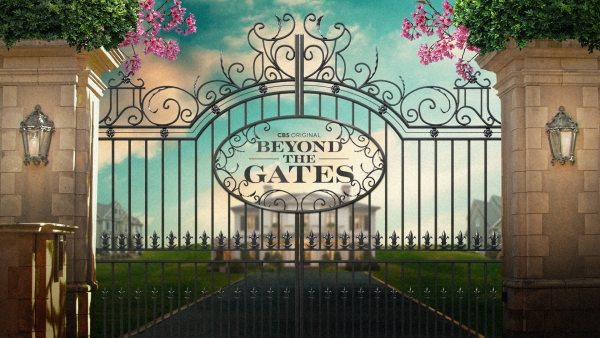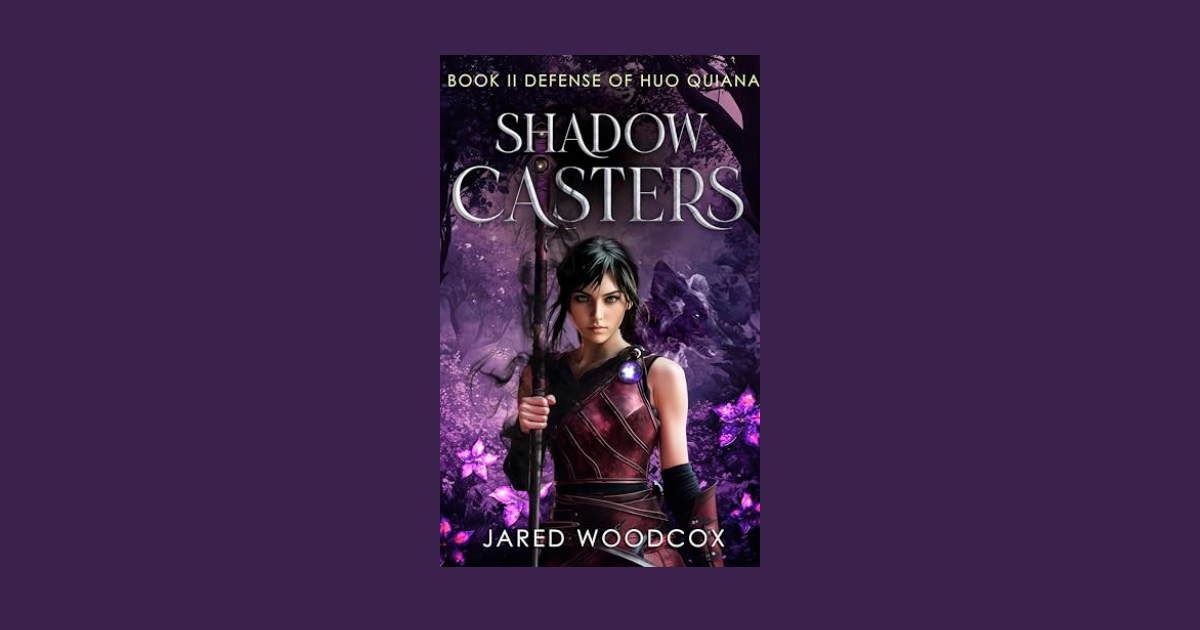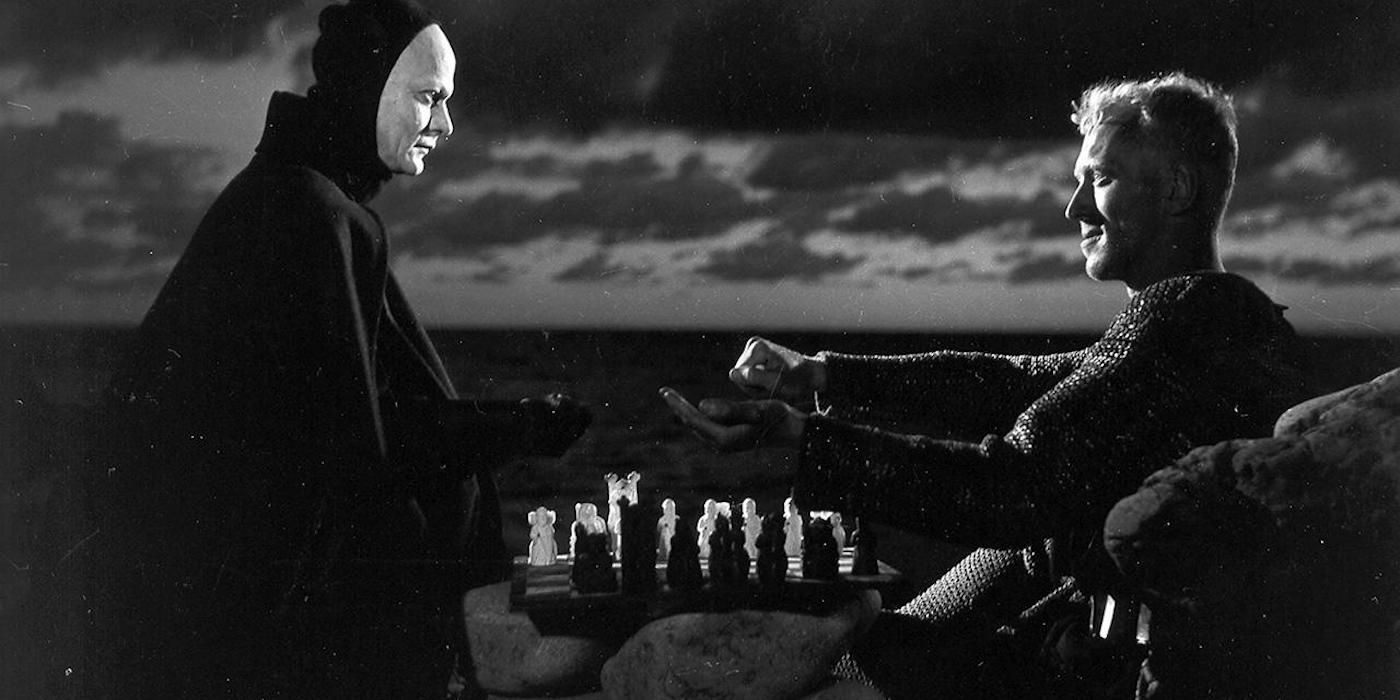Ingmar Bergman may be one of the most famous international directors of all time, having made dozens of movies over almost 60 years, with many of them being high quality. But it’s a dense and sometimes difficult filmography, and many films within it are emotionally taxing, sometimes perplexing films.
Because many of his most popular films are also a little inaccessible, it’s important to start in the right place when it comes to Bergman. Unlike many legendary directors in the world cinema sphere, beginning with the most popular or critically acclaimed might not be the best strategy for newcomers who want to see what Bergman’s all about. These films will not be perfect entry points for all viewers, but each displays Bergman’s strengths as a filmmaker without being too overwhelming or mentally exhausting. As great and as rewarding as his most challenging movies may be, there’s also a danger of getting thrown into the deep end too quickly, making them potentially safer options.
‘Autumn Sonata’ (1978)
Autumn Sonata is anchored by two great lead performances from Liv Ullmann and Ingrid Bergman (no relation to Ingmar). The two play mother and daughter, with the plot involving them reuniting after several years apart and confronting the issues and struggles in their lives that led to them becoming estranged.
With a confined location and a relatively small cast, Autumn Sonata has the feeling of watching a particularly gripping stage play (and is not the only Bergman film that can be described that way). Its brief runtime and simple premise ensure the intimate, sometimes high-stakes personal drama is a little easier to take in, with the warmth of its autumnal color scheme also helping to counterbalance the despair and sadness of its characters.
‘Smiles of a Summer Night’ (1955)
As most Bergman films are serious affairs focused on relationship/family conflict or psychological drama, Smiles of a Summer Night stands out in his filmography. It’s far more of a classic, farce-heavy romantic-comedy than a drama and shows the filmmaker was surprisingly skilled at pulling off a light-hearted film when he wanted to.
It has a plot involving several couples on a weekend retreat who jeopardize their relationships when they begin swapping partners and “seeing” other people. It leads to chaos among the cast of characters, but while most Bergman films would play infidelity for drama, this one plays that kind of thing for comedy. It’s a worthy watch for anyone who wants to see a different side to Bergman or feels his films are sometimes too far on the heavy side of things.
‘Scenes from a Marriage’ (1974)
Admittedly, one thing that may turn Bergman newcomers off from Scenes from a Marriage is its length. The theatrical version, released in 1974, clocks in at 169 minutes, though itself is an edited-down version of a miniseries that aired in 1973, which comprises several episodes and almost five hours in total length.
Still, the theatrical version is absorbing and perhaps the best and most engaging small-scale character drama in Bergman’s filmography. It depicts the breakdown in a marriage between a Swedish couple through a series of long, tense scenes, often just involving the two main characters. It’s a minimalist, small-scale film, but it’s easy to get sucked into despite (or maybe because of) its length. It may not be an ideal first movie for a Bergman newcomer, but it’s at least worth being one of the first, just for how engaging its acting and dialogue prove to be.
‘The Seventh Seal’ (1957)
The Seventh Seal might be the most famous film Ingmar Bergman directed and also features Max von Sydow in one of his most iconic roles. It’s an ambitious fantasy drama about a disillusioned knight struggling with his faith and what he tries to make of life after he challenges Death to a game of chess played for his life itself.
There’s a great deal going on within its 96-minute runtime, but the core premise is likely to hook the viewer pretty quickly, and it contains characters who struggle with fairly common, potentially relatable personal problems. It’s also one of his most visually striking, and the fantastical elements make it stand out from Bergman’s other films, which tend to be firmly grounded in reality.
‘Shame’ (1968)
Not to be mixed up with the 2011 movie directed by Steve McQueen and starring Michael Fassbender, 1968’s Shame is another Ingmar Bergman film about a struggling married couple, only with one key difference: it takes place during a fictional, undefined civil war within Sweden.
The stresses and horrors of war test the central marriage even further, and the fact that the main characters are fighting for their lives and marriage adds an extra element of tension to the narrative. It’s a bit faster-paced and more intense than most Bergman films because of the wartime setting, and provided you’re okay with things getting dark, it makes for one of the more accessible films from the director.
‘Fanny and Alexander’ (1982)
Fanny and Alexander stand as Bergman’s largest film in terms of its runtime and the scope of its narrative. It centers on two children and the challenges they face when their father passes away and their mother gets remarried to an overbearing bishop.
It clocks in at just over three hours, and like Scenes From a Marriage, it also has a miniseries cut (that’s as acclaimed) which runs for a little over five hours. Newcomers are, of course, best sticking with the still lengthy theatrical cut, but it’s one of those epic films that more than earns its runtime. It has some of the most lavish visuals of any Bergman film, with a particularly striking use of color, and the story it tells is a tremendously moving and captivating one. The length should not put newcomers off, as this genuinely is one of the easiest to watch (and most emotional) films Ingmar Bergman ever made.
‘Summer with Monika’ (1953)
While many of Bergman’s relationship-focused films from the 1960s onwards focused on middle-aged couples, in the 1950s (and late 40s), he was more interested in younger characters. In 1953, Bergman would have been in his early to mid-30s, so he made Summer with Monika, which concerns two young people who throw themselves into a relationship (and then marriage) too quickly, leading to unforeseen consequences.
Still, even if things go less smoothly than planned, there is a strong element of romance and young love to the film’s opening half that became less common within Bergman’s films as he grew older. For being made so long ago, there’s a still about it that rings true when it comes to relationships and even just surviving life itself when you’re in your 20s. Naturally, newcomers to Bergman are more likely to be young than old, so Summer with Monika could be a good entry point into his filmography because it has more relevant characters and themes for younger viewers.









































![Spider-Man Is Back in Black With the Green Goblin in New Funko Pop! Figures [Exclusive] Spider-Man Is Back in Black With the Green Goblin in New Funko Pop! Figures [Exclusive]](https://static1.colliderimages.com/wordpress/wp-content/uploads/2025/03/spider-man-the-animated-series-green-goblin.jpg)



















.jpg)
.jpg)
.jpg)
.jpg)

.jpg)
.jpg)
.jpg)










